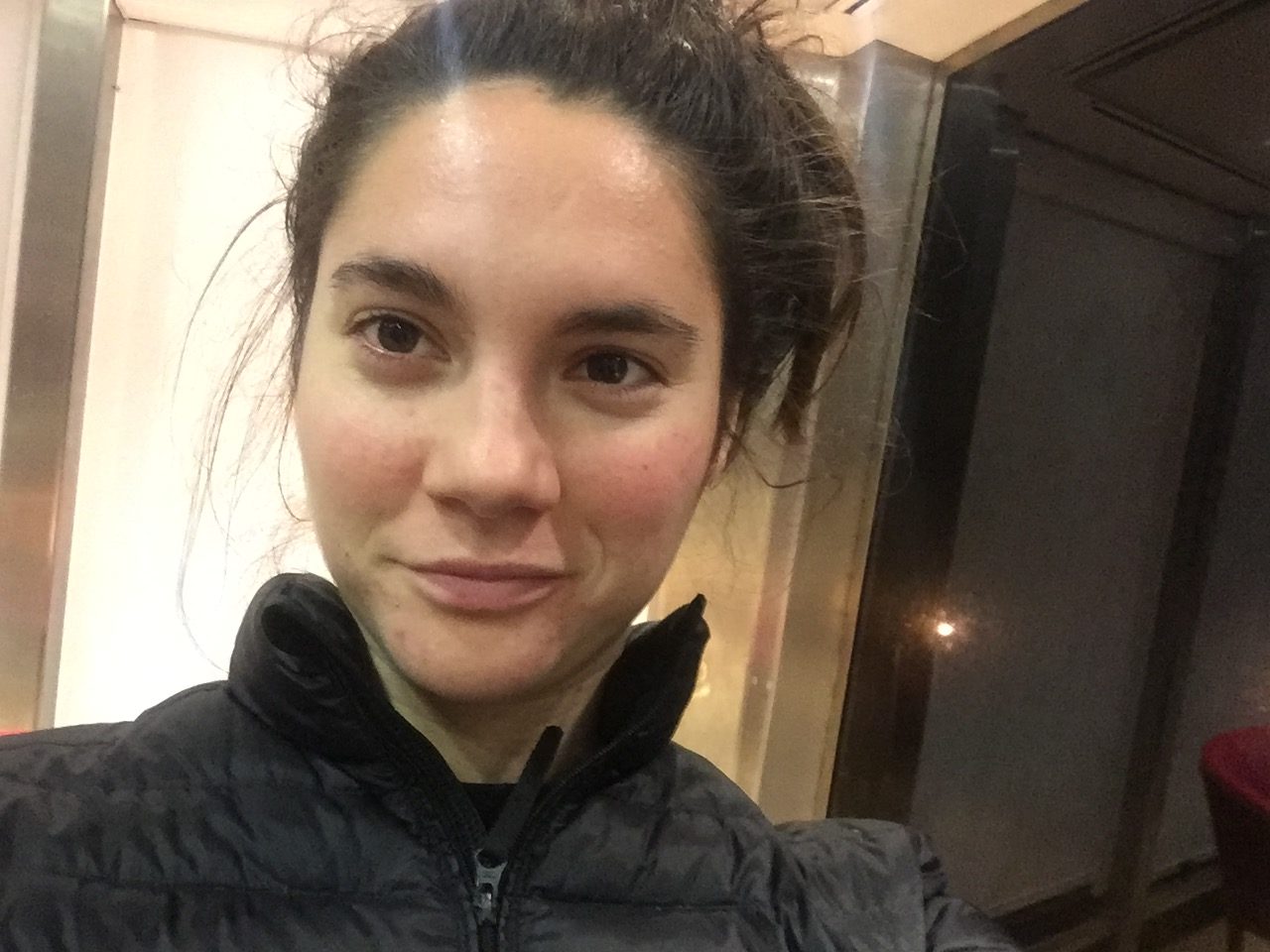
Apr 8, 2019
For those women out there considering a career in STEM or Data, we’ve got the answer. Blazenka Lovric. Precision were lucky enough to pick the brain of data expert Blazenka Lovric for an interview. Here is how Blazenka Lovric got to where she is now…
– What did you study at uni and why?
My first attempt at university was to study Law and commerce, at Bond University in the Gold Coast. After one semester I realised that law was not for me and that I needed to find something else that I loved. So I came back to Melbourne and headed to RMIT to pursue a bachelor of science (mathematics). I realised that the one thing that I loved most at school was mathematics and problem solving and this would be a great place to start my academic journey. Lo and behold I ended up falling in love with maths.
– What got you interested in STEM?
I think having great teachers at school can inspire you to be curious, and I particularly had great science teachers. I began to love finding out how things work, and would be constantly researching different concepts to find out more. I had a great mathematics teacher called Mr. Paris. He made learning maths really fun, sounds like mission impossible but it was a class that I had a great time in! But he also taught us how to think in an analytical manner, and the discipline of learning. Like you have to learn all the methods to solve problems before you’re able to think outside the box, and get creative.
– Did you always want to be an Analyst? How did you get into it?
No not really. I definitely knew I wanted to work in something mathsy but I really just fell into data. After finishing my degree I went to work for NAB as a risk graduate, but felt it was highly qualitative and not the right fit for me at all. So I took some time out for myself, hopped on a plane to London and traded exotic derivatives and became a KYC Analyst. That was the first time I had heard of an analyst in real terms. I was setting up trading infrastructure with local banks so that we could begin to trade. Then from there my journey took me to Sydney, where I landed the graduate program at BT financial group in wealth management. Then throughout my rotations I started getting more and more into the data side of things, using data to make better decisions, or draw conclusions from, adding bits of value that can only be founds from hard data points.
– Tell us about your career journey
My journey has been quite a long one, and its definitely not over yet!!. When I finished my degree I was 23, and as previously mentioned I worked at NAB in risk for about four months, then I left and went to London where I worked at a boutique trading firm called Obsidian Occident Capital, as a KYC analyst. This is where I was able to learn about the various operations/procedures that need to be conducted so that financial institutions can trade between each other. After a year or so, I headed back to Melbourne, and received an offer for the graduate program at BT financial group. I also received the SAS graduate role, and Suncorp. I chose BT as I thought it would be the most rounded graduate role. My first rotation was in the call centre. Which I was definitely not expecting, but it was a great learning experience being on the phones, learning the products etc, and how to delivery exceptional customer service. Next I went into the private banking product world, where I was able to really get my hands dirty on the tools of trade, excel. This sparked my interest in analytics, and I learnt as much as I could in the space of three months. Then my third rotation I used everything that I learnt in data gathering and analysis to put together a business case, to build out capability for customers on an old product to migrate over to a new product. This was tricky and required a lot of business buy-in, but with data on my side, we were able to implement a new retention strategy within five months. It was in this rotation that I started exploring the various roles within data that were available. I met with my former Head Of within the business banking product analytics team and he offered me a role. I took it! And here I am a year on. !
– Blazenka Lovric, where do you want to your career to take you (if you know this)
I definitely want to work in Data Science for a few years, in AI and Machine Learning. I want to fully understand the capabilities, and challenges that these new technologies give us, and then use my expertise in this field to become a leader that is consistently integrating these powerful technologies into the everyday workplace. There are many fields where people are unaware of how much capability these new concepts can give us and how much better we can be if we used them. I believe that in order to make a lasting and consistent change it has to come from the top, and our leaders need to be so aware of consistently encouraging their teams on changing their mindset. Technology is endless.
– What challenges do you, Blazenka Lovric, think women face in STEM and Analytics
I think women have quite a few challenges in Analytics. I can only speak on behalf of my own experience, (disclaimer..) the main one is that there are not enough women in these areas and that there is a lot of bias (conscious or not) that occurs. Another one is that they are not visible enough to younger women learning the ropes or they are not given enough support to fully develop their leadership styles. Coming from a corporate world there is so much subtle informal coaching/mentoring that occurs between young male graduates and male leaders that do not filter across to young women. I don’t think this is just in data or STEM but I think this is across all industries.
– Tell us about your experience as a girl in STEM and a woman in Analytics today
In my experience, working within STEM, Finance and in a large corporate institute, I have found that there is a really old culture that exists here. Much like corporate tech systems, they are old beasts that take a huge amount of effort to change (old systems, old procedures etc.) this gets reflected in the attitude of the culture within the workforce and vice versa. The size of the company will really determine the work culture. In saying that change occurs subtly and incrementally, so that “old way, this is how we have always done things” culture will eventually die/evolve/progress. It has to, else startups/other industries will attract our young intelligent talent and put us out of business.
I do believe the possibilities are endless though. The one thing I would stress is to find someone/people that you look up to. Mentoring is underappreciated, but without a doubt invaluable.
Thank you to Blazenka Lovric for taking the time to meet with us here at Precision!
For More Blogs on Women in Data like that of Blazenka Lovric, Click Here.




